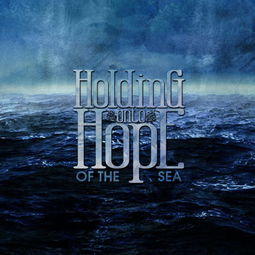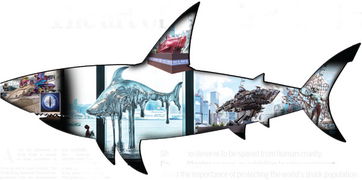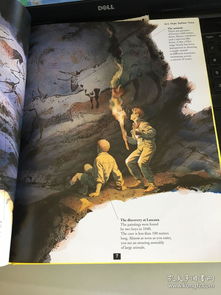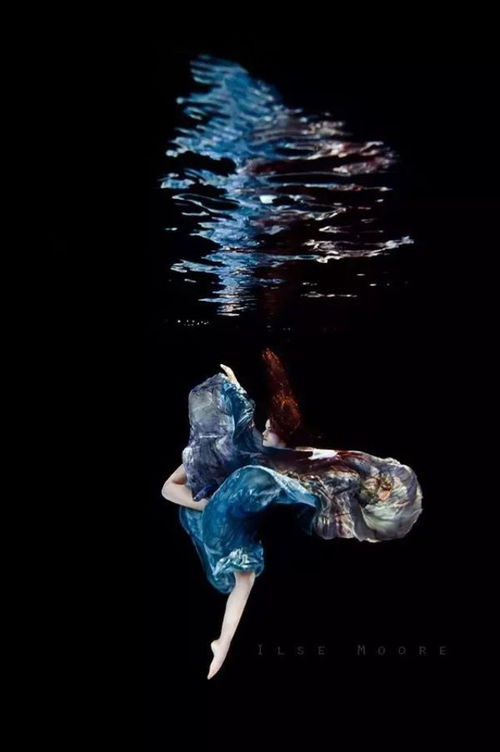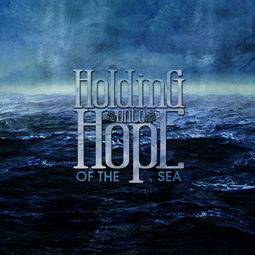Content:
Learning new fishing skills can be an exhilarating experience, opening up a world of possibilities on the water. But once you've mastered these techniques, the question arises: what's next? Here's a comprehensive guide on what to do with the fishing skills you've learned, ensuring that your newfound knowledge leads to a rewarding and enjoyable fishing experience.
- Practice Makes Perfect
The first step in making the most of your new fishing skills is to practice them. The more you fish, the more refined your techniques will become. Here are some ways to practice:
- Go Fishing Regularly: Try to fish at least once a week. Consistency is key to honing your skills.
- Join a Fishing Club: Participating in a fishing club can provide you with opportunities to fish with experienced anglers who can offer tips and advice.
- Attend Workshops or Seminars: Look for local workshops or seminars that focus on advanced fishing techniques or specific types of fishing.
- Experiment with Different Techniques
Once you've become proficient in your primary fishing techniques, it's time to expand your repertoire. Experiment with the following:
- Fly Fishing: This technique requires precision and finesse. It's a great way to challenge yourself and enjoy the beauty of the water.
- Spin Fishing: This method is versatile and can be used in various environments. It's a good way to catch a variety of fish.
- Bait Fishing: Using live or artificial bait can be effective for catching certain species. Try different baits to see what works best for your target fish.
- Learn About Different Fish Species
Fishing isn't just about the technique; it's also about understanding the fish you're trying to catch. Here's what you can do:

- Research Fish Species: Learn about the habits, habitats, and preferred baits of the fish you're interested in catching.
- Join a Fishing Community: Online forums and social media groups can be valuable resources for learning about different fish species and their behavior.
- Keep a Fishing Journal: Document your experiences, including what worked and what didn't. This can help you refine your approach and learn from your mistakes.
- Invest in Quality Equipment
To make the most of your skills, you'll need the right equipment. Consider the following:
- Reels and Rods: Invest in quality reels and rods that are appropriate for the type of fishing you enjoy.
- Lures and Baits: Purchase a variety of lures and baits to cover different fishing scenarios.
- Tackle Box: Keep your tackle box well-organized and equipped with essential items like hooks, sinkers, and line cutters.
- Explore New Fishing Spots
One of the most exciting aspects of fishing is discovering new places to cast your line. Here's how to find new fishing spots:
- Ask Local Anglers: Local anglers can provide valuable insights into the best spots for fishing in your area.
- Use Online Resources: Websites and apps like Fishbrain or iAngler can help you find new fishing spots and predict fish activity.
- Travel: If you have the opportunity, consider traveling to different regions to fish in new environments.
- Share Your Knowledge
Teaching others what you've learned can be incredibly rewarding. Here's how to share your knowledge:
- Teach a Friend: Offer to take a friend fishing and share your techniques with them.
- Volunteer: Consider volunteering at a local fishing club or conservation organization to help educate others about fishing and the environment.
- Write a Blog or Vlog: Share your experiences and fishing tips with a wider audience through a blog or video blog.
- Stay Informed About Conservation Efforts
Fishing is a sustainable activity when practiced responsibly. Stay informed about conservation efforts and make sure you're following best practices:
- Understand Regulations: Familiarize yourself with local fishing regulations, including size and catch limits.
- Support Conservation: Participate in or donate to conservation organizations that work to protect fish habitats and species.
- Practice Catch and Release: When fishing for species that are not intended for consumption, practice catch and release to ensure their survival.
In conclusion, once you've learned new fishing skills, the possibilities are endless. By practicing, experimenting, learning about different fish species, investing in quality equipment, exploring new fishing spots, sharing your knowledge, and staying informed about conservation efforts, you can make the most of your newfound skills and enjoy a lifetime of fishing adventures. Happy fishing!
